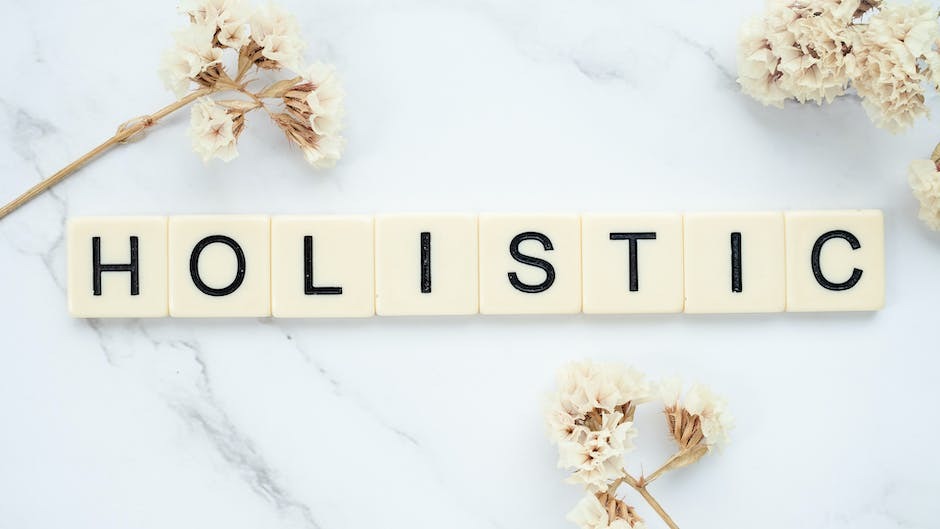When mental illness is present, a mental health crisis can happen. It is a serious experience that can be frightening for both the person who is having it and those who support them. While medication and psychiatry can help, there are other options. Holistic treatments can be used to aid in overall mental health recovery and healing from a crisis.
Medication and psychiatry are often helpful and important in the initial treatment of mental illness and recovery from a crisis. The type of medication will vary depending on the person. However, it can make a difference. Working with a mental health care professional who truly cares is ideal. They can combine holistic treatment with psychiatry to address immediate danger and create a long-term solution.
Mental Health Crisis
Individuals who have mental illness can experience mental health crises. A situation is considered a mental health crisis that occurs when a person is putting themselves or others at risk, or not being able to or allowing others to care for their needs or function in society. There are many different types of mental health crises. However, they all include someone being in danger and a person experiencing extreme distress.
As a result of distress, the crisis needs to be addressed immediately. This might look like getting the person their medication or talking them down and getting them to a facility that can help. However, recovery from a crisis will ideally consider the person as a whole. This means addressing and treating mental health disorders, physical health, and addiction.
What Are Holistic Treatments?
When a client is treated holistically, they are treated as a whole person. The treatment as a whole will consider different parts of the problem and try to address it with a variety of tools. While holistic treatments will vary depending on the treatment center, they often include experiential therapy, acceptance therapy, yoga, and more. Treatment centers, like Alter San Diego Crisis Intervention, use holistic treatments to provide options to clients regarding how they heal.
Holistic Treatments in Recovery From a Crisis
Recovering from a crisis takes time. The initial phase is to stabilize. However, true recovery requires healing the entire person. Through holistic treatments, individuals can learn how to manage stress, improve life skills, process their experiences outside of traditional talk therapy, and build a community of support. While the method of holistic treatments varies, these are incredibly helpful and important in recovering from a crisis
Stress is a very common occurrence in current times. However, it can create and increase mental health symptoms. Yoga and breathing techniques are two holistic treatment options that can help. By learning how to manage stress, individuals will improve their overall mental health. Additionally, they will have more tools to manage and adjust to stress in the future.
Holistic treatments help individuals to build better life skills. This can look like exploring different types of exercise or volunteering in the community. Regardless of the specific skills, they can help people to heal after a crisis. The National Institute of Mental Health explains that improving life skills has a significant impact on improving overall mental health and helping individuals who struggle with mental health disorders. Therefore, by learning new life skills, there is a decreased risk of a mental health crisis in the future.
Therapy in all forms can be very helpful in recovering from a crisis. However, getting outside of the box and working through emotions during an activity can also help. Holistic treatments like kayaking or hiking allow individuals to get outside and participate in healthy activities during treatment. This can serve as a break from traditional talk therapy to process their emotions. However, it can also help individuals heal.
Activities like getting exercise and participating in an outing have many benefits to healing the entire person. Research indicates that exercise can help decrease symptoms of anxiety and depression, which is very helpful when in recovery from a crisis. However, the activity can serve as additional healing. While in talk therapy, many individuals are uncomfortable, but in a low-key and casual setting, clients can open up more naturally. This style of conversation can be a great way for therapists to help individuals who struggle with a more traditional group or individual therapy.
When in recovery from a crisis, it is common for a person to feel embarrassed or shameful about the event. Part of healing from their crisis is addressing these emotions. In a treatment center, individuals are surrounded by others who understand the challenges of mental health. Traditional treatments like group therapy can be a great place to open up.
However, holistic treatments like volunteering together in community service as a place where clients can improve communication skills and build community. This helps them to see that after a mental health crisis, they can still build and maintain relationships. Additionally, the improvement of communication skills helps them after treatment by improving their connections with loved ones.
A mental health crisis is a serious experience that requires immediate action to be taken. While medication and psychiatry can help, there are other methods that help individuals to heal after a crisis. Holistic treatments aid in recovery and healing from a crisis by improving life skills and helping clients to process their healing. At Alter San Diego Crisis Intervention, we provide intensive medical care for individuals who are experiencing a crisis. Our goal is to provide a sustainable impact on clients to help them and their families heal over time. To learn more about our facility or to get help today, call us at (866) 986-1481 to speak with a staff member.
